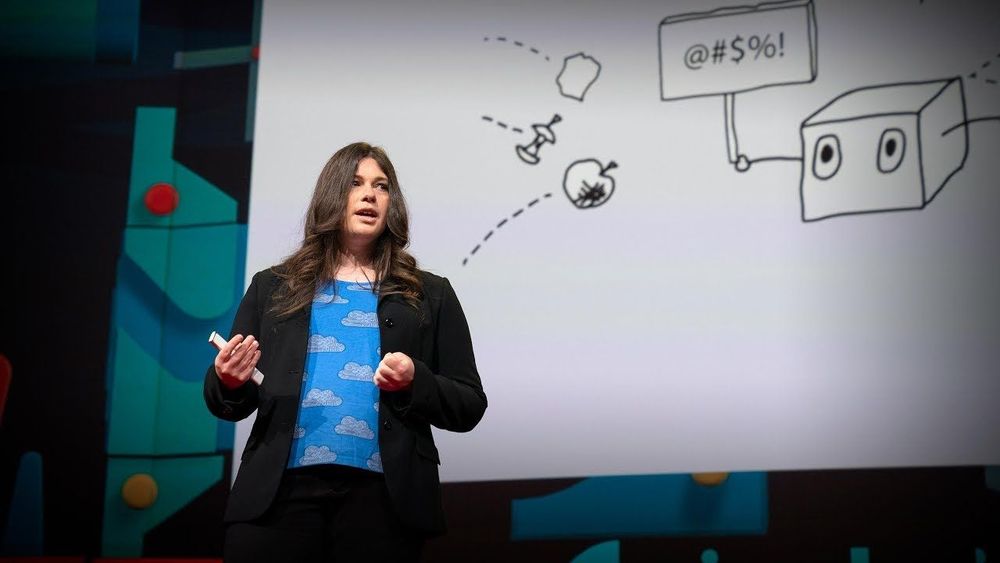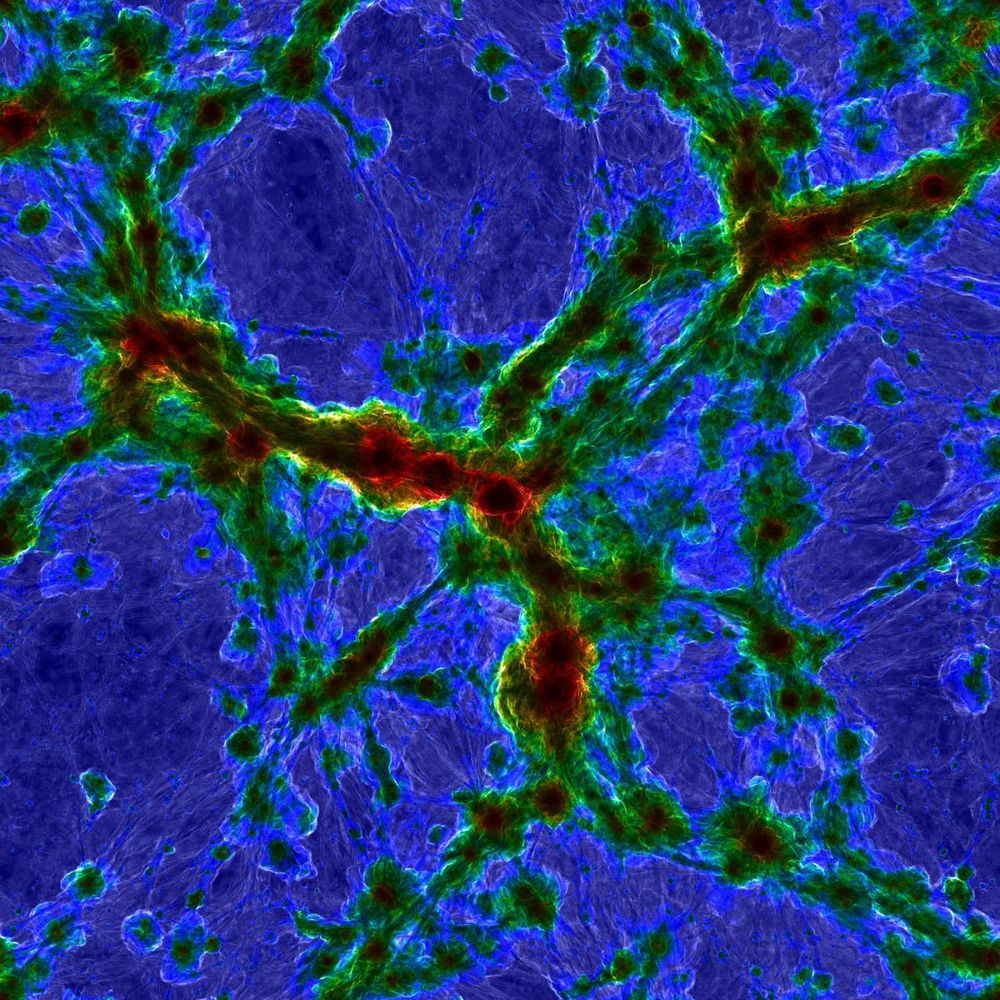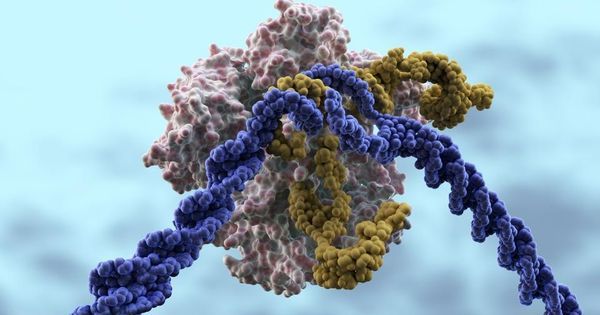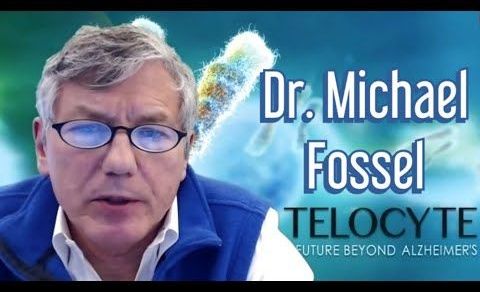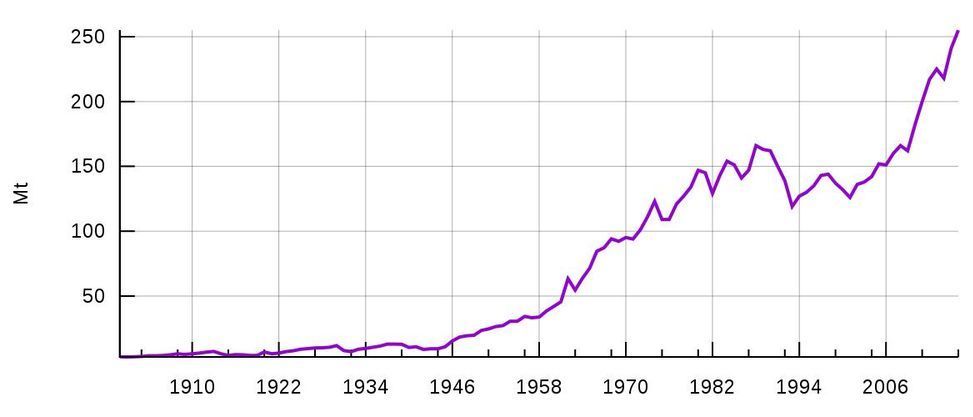
Peak phosphorus is a concept to describe the point in time when humanity reaches the maximum global production rate of phosphorus as an industrial and commercial raw material. The term is used in an equivalent way to the better-known term peak oil.[2] The issue was raised as a debate on whether a “peak phosphorus” was imminent or not around 2010, but was largely dismissed after USGS and other organizations increased the world estimates on available phosphorus resources.[3]
Phosphorus is a finite (limited) resource that is widespread in the Earth’s crust and in living organisms but is relatively scarce in concentrated forms, which are not evenly distributed across the Earth. The only cost-effective production method to date is the mining of phosphate rock, but only a few countries have significant reserves of it. The top four are Morocco, China, Algeria and Syria. Estimates for future production vary significantly depending on modelling and assumptions on extractable volumes, but it is inescapable that future production of phosphate rock will be heavily influenced by Morocco in the foreseeable future.[4]
Means of commercial phosphorus production besides mining are few because the phosphorus cycle does not include significant gas-phase transport.[5] The predominant source of phosphorus in modern times is phosphate rock (as opposed to the guano that preceded it). According to some researchers, Earth’s commercial and affordable phosphorus reserves are expected to be depleted in 50–100 years and peak phosphorus to be reached in approximately 2030.[2][6] Others suggest that supplies will last for several hundreds of years.[7] As with the timing of peak oil, the question is not settled, and researchers in different fields regularly publish different estimates of the rock phosphate reserves.[8].
